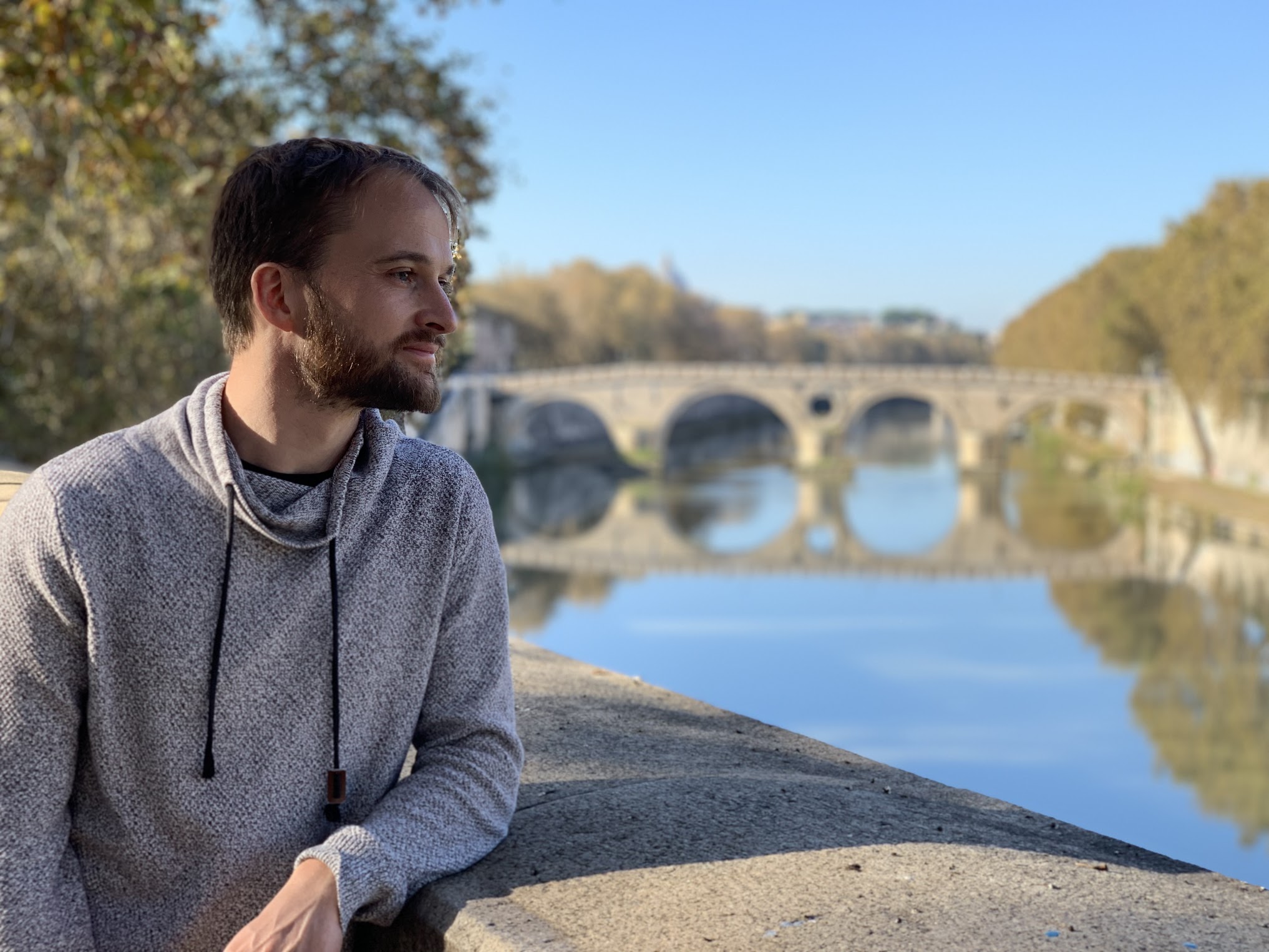Welcome to Location Independent Success Stories!
In this series, I’ll be introducing you to inspiring men and women who are using their unique skills and talents to live the location independent lifestyle of their dreams.
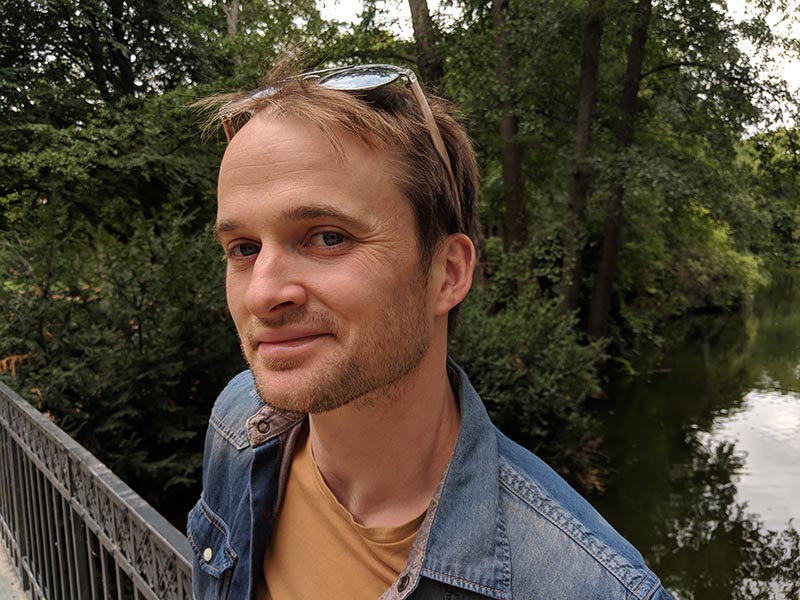 In this interview you’ll get acquainted with James, a long-term nomad going on 8 years of full-time travel and remote work! In other words, James was digital nomading before it was cool.
In this interview you’ll get acquainted with James, a long-term nomad going on 8 years of full-time travel and remote work! In other words, James was digital nomading before it was cool.
James is a digital nomad and travel blogger who has spent the past 7.5 years on the road, visiting places like France, Spain, Germany, Portugal, South Africa, Mexico, and Thailand. He is currently based in Portugal where he writes the travel blog Portugalist, a blog solely dedicated to Portugal.
Follow James’ adventures: Website | Facebook | Instagram | Twitter
First, please tell us a little bit about yourself. What’s your background and what are you doing now?
I mainly grew up in Ireland (although I lived in Portugal as a child as well). After school, I moved to the UK and lived in Scotland for several years where I ended up getting a job in online marketing.
There, I learned a lot of the skills that would enable me to work remotely.
Around 7 or 8 years ago, I left all of that and became a digital nomad. I started by house sitting in France, and was able to save a lot of money on rent that way.
At one point, I looked after a farm of 18 alpacas which was quite an experience.
Then, as I began to earn a bit more money, I stopped house sitting as much and started renting instead, staying in places for 3-6 months at a time.
How often do you travel? Do you have one city that you consider a home base?
For the past 7 or 8 years, I’ve generally been spending 3-6 months in a place. Sometimes I’ll have a few whirlwind trips where I’ll try and see several places in a few weeks but, generally, I’m quite a slow traveler.
I haven’t had a proper base for a while, although I’ve always considered Lisbon and Berlin to be home. Both of those places clicked with me, and I ended up going back quite a few times.
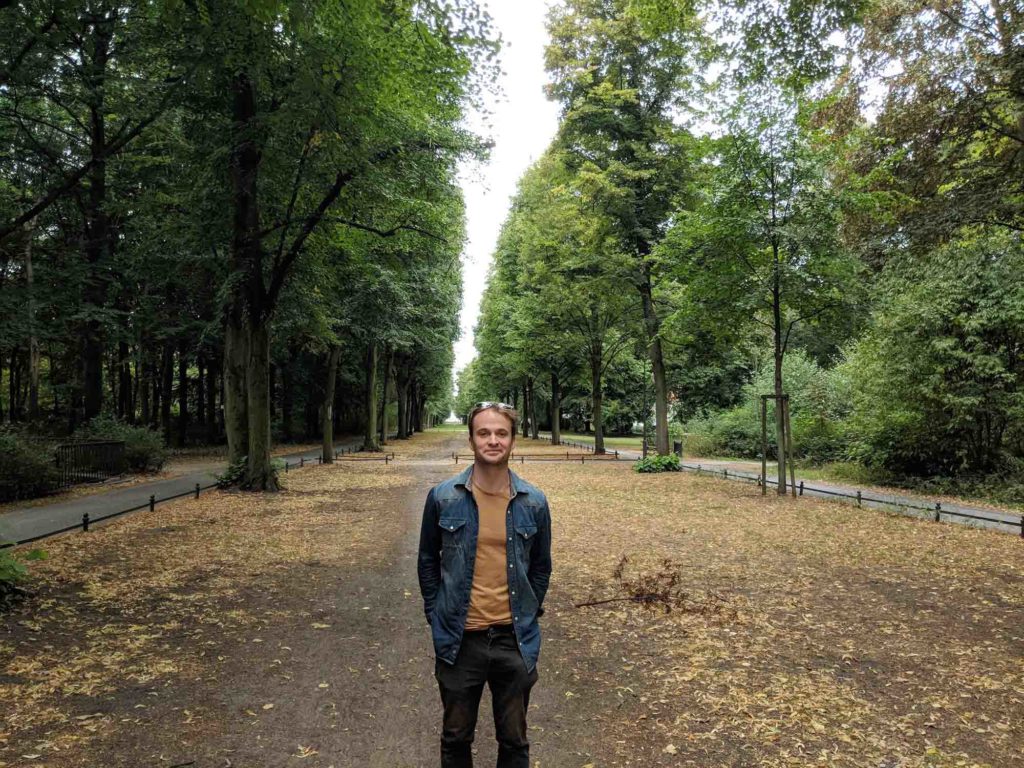
How do you typically choose your destinations?
In the past, good internet was such a big factor in choosing a place.
When I first started traveling, and I was living in rural France, I couldn’t find anywhere with internet. I was working from a Dongle and would have to drive 45 minutes to the nearest McDonald’s if I wanted to upload or download anything major.
Things have changed a lot in such a short space of time. I’ve worked from Laos and even Myanmar, so I imagine those little villages in France are now a lot more digital nomad friendly. Maybe.
When did you realize you wanted to become location independent, and what were your reasons behind that decision?
I really wanted to travel, and I hadn’t done enough of it when I was younger. I was also working in an industry that just seemed like it should be incredibly suited to remote work, and I really wanted to continue working in that industry. I’d only just gotten a “proper” job, and wasn’t ready to go back to bar work.
At the same time, I was very frustrated with my actual job and becoming a digital nomad felt like a good way to get a bit more independence and travel at the same time.
What were some of the first steps you took toward achieving this lifestyle for yourself?
Prior to setting off, I spent at least a year writing ebooks and building websites as I thought that’s how I’d make my money.
Within a few months, however, I ended up meeting someone who wanted me to manage their online marketing for them and I ended up doing that for 2-3 years instead.
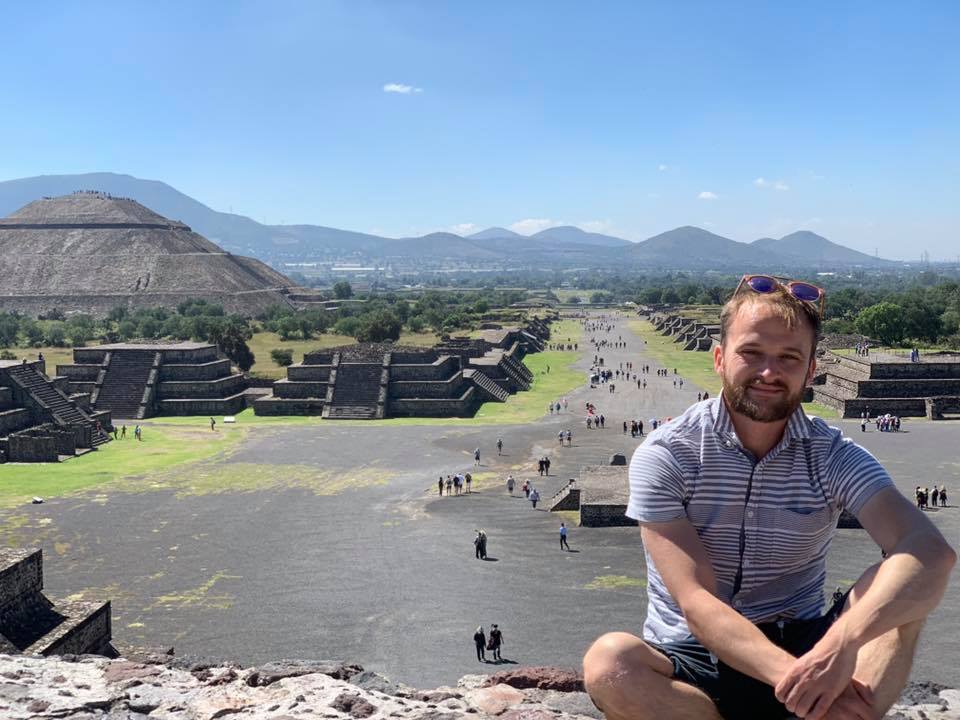
Of all the places you’ve lived and worked so far, which one was the best suited for people living a location independent lifestyle and why?
Asia, particularly Thailand, is great for digital nomads. It has good internet, it’s cheap, and there’s a great community. Those are definitely the keys to a place that’s suited to the location independent lifestyle.
There are only a few places like that in the world, though. Lisbon, for example, has a great community and good internet but it’s nowhere near as cheap as places like Chiang Mai are. Sometimes, you can’t tick all the boxes. Sometimes, you might only tick one.
Different places fulfill different needs.
Sometimes, I spend a few months in one place to fill one or two needs and then go off traveling to fulfill other needs.
Tell us about your work. What is your primary source of income?
At the moment, it’s my blog. It doesn’t make as much money as I’d like it to, but I’m taking some time to really work on it and see if I can get it to grow.
I write solely about Portugal, which is unusual for a travel blog. It does allow me to really get to know the country though, and it means that I can create a really great resource for people who are visiting or moving here.
The blog mainly earns money from advertising, but I sometimes get a commission if someone books a hotel or tour through the site.
Related post: The Only Affiliate Marketing Course You’ll Ever Need
How did you get started?
I started writing about Portugal because very few people were. I’d lived in Portugal as a kid, and then spent time living in Lisbon and the Algarve as a digital nomad, so I felt like I knew it reasonably well.
Obviously I was plagued with self-doubt at the same time, but nobody was really writing in-depth about Portugal and I felt like, if nobody else was going to, then I would.
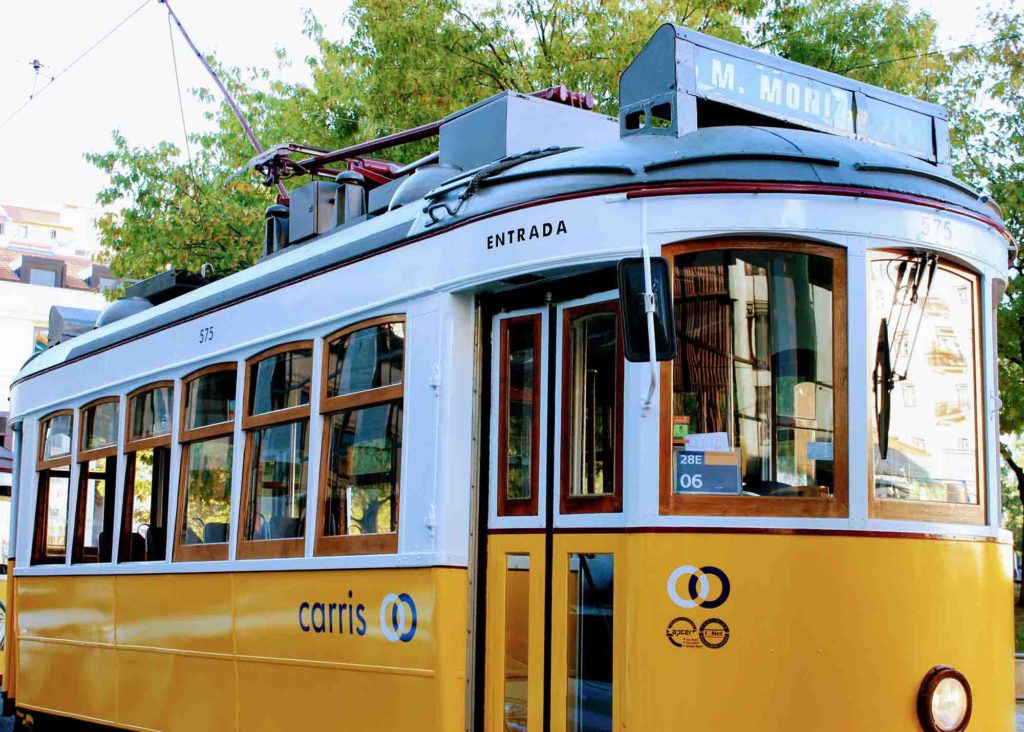
What does the average workday look like for you?
I get up, have a cup of coffee, and then work for a bit. Usually that’s somewhere between 7 and 8 am. Then I go to the gym, and then work some more. In the afternoon I might meet up with someone for a coffee or take a language class and, if that happens, I’ll usually work again in the evening.
Work, by the way, usually means writing blog posts for Portugalist.
I try to write fairly in-depth content, especially content that nobody else is writing about.
I’m starting to cover Portuguese wine now, for example, as there’s very, very little written about it.
That’s one of the benefits of having a travel blog that focuses on one country: you can really start to go in-depth.
If someone else wanted to follow a path similar to yours, what advice would you give them?
These days, I would recommend people looking at remote jobs.
A remote job is an in-house job that you can do from anywhere, which is a lot easier than trying to find and manage your own clients.
How much could someone expect to earn when just starting out?
I earn enough to live in Lisbon, which doesn’t make me rich despite the rising rental prices here. I actually earned more when I started out because I was working for clients, so maybe I’m doing things backwards!
I know people who start off earning less than $500 per month, and others that earn ten times that. It depends on so many factors, but particularly your skillset. Developers earn more than copywriters, for example.
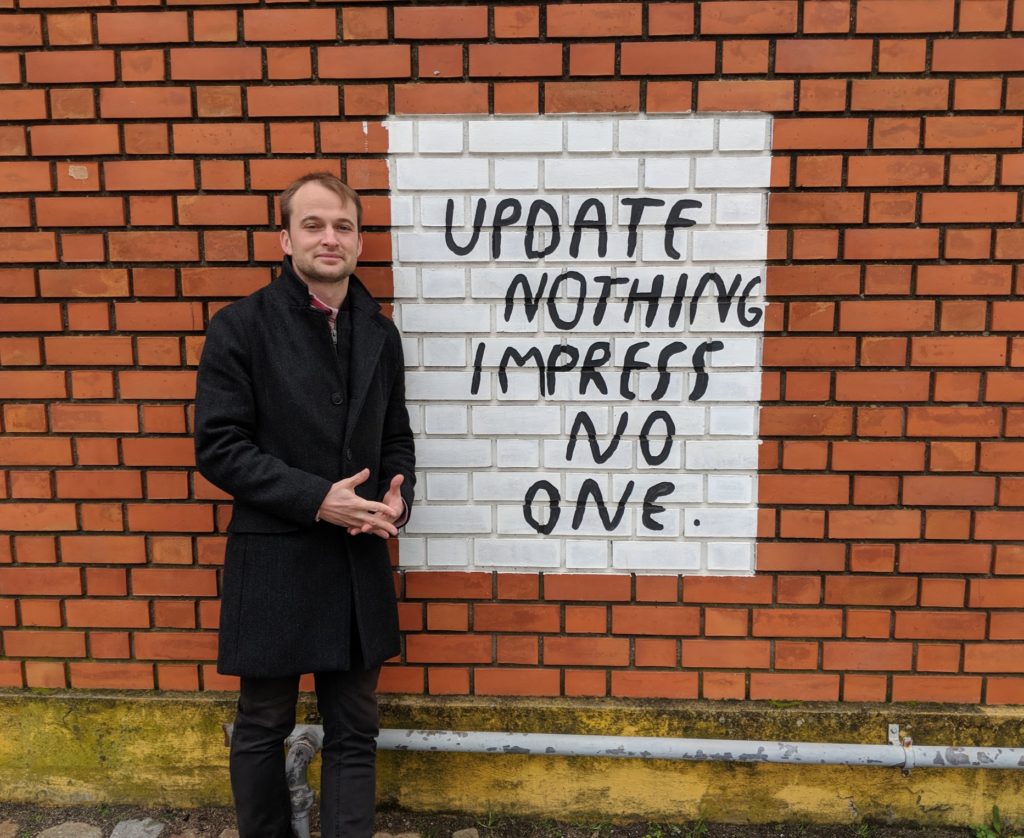
Do you have other income sources as well? What are some of the other ways you earn a living?
A few years ago, I wrote a fun guidebook to German culture which earns a little money. I still do some occasional marketing consultancy for clients as well, as this pays much better than blogging.
In your opinion, what is the hardest thing about living a location independent lifestyle?
Making friends on the road can be hard, particularly if you’re not in one of the digital nomad hubs.
It’s especially hard to make friends with locals if you’re only planning to stay somewhere for a few months.
You get better at it, though. I’ve made friends on the road that I continue to see around the world. It’s still always hard, though, and I think it’ll always be one of the hardest things about being location independent.
Related post: 10 Beautiful European Co-Working Spaces for Your Next Workation
What are some of the things you like about it the most?
I like the flexibility of it all. I like being able to take breaks during the day to go to the gym when it’s not busy, go shopping, or meet someone for coffee. I still get all my work done, but I don’t think I would get that kind of flexibility in a traditional job.
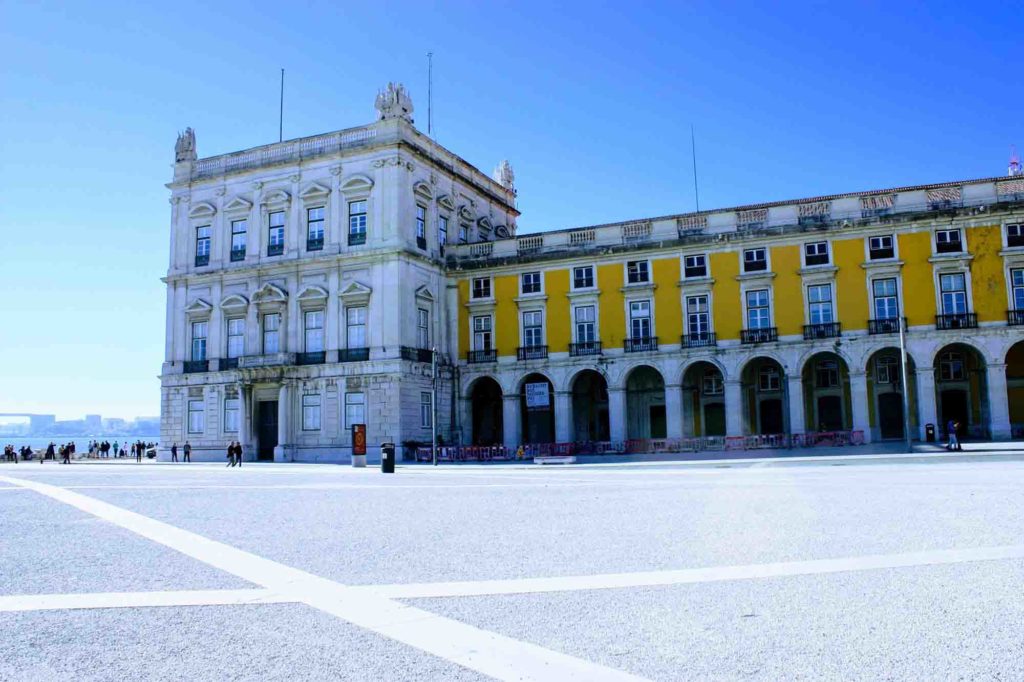
How did becoming location independent change your relationship with travel? Do you do things differently now?
I’ve gotten used to spending several months living in a place and really getting to know it. Although I still do shorter trips here and there, I much prefer to travel slowly.
Do you have any great money-saving travel tips to share?
I’m a big fan of cashback websites like TopCashback. These websites give you the commission they would normally get for referring. For example: if you go to booking.com via them, you’ll get 3-4% cashback. It usually only means that you’re saving a few dollars at a time, but it all adds up.
What do you think are some of the necessary traits or skills someone should have if they plan to pursue a location independent lifestyle?
I think you need to be very independent. Some people genuinely need a boss to tell them what to do, or they need to be in an office to actually work. If that’s you, this probably isn’t the right lifestyle for you.
You need to be very flexible and motivated to be location independent.
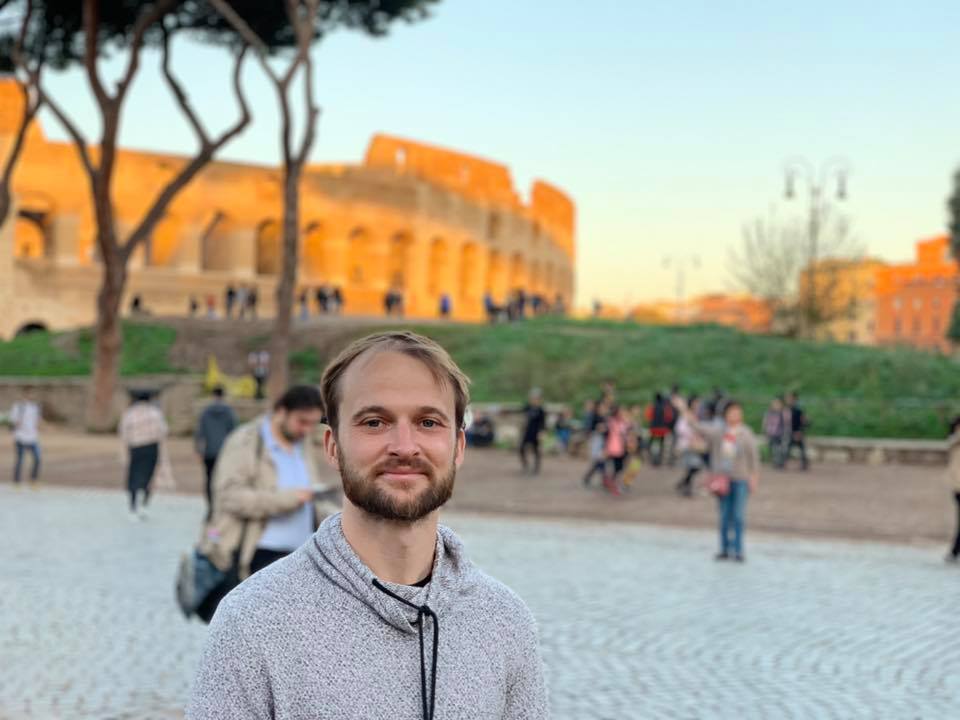
Productivity can be a major challenge for many digital nomads. Share with us one of your best tips for staying motivated and getting shit done.
It’s a weird tip, but I think having less time can be a good thing.
I find if I have somewhere to be in the evening, I’ll actually be a lot more productive during the day.
Having a lot of time isn’t always a good thing.
Do you have any location independent role models who have helped you or motivated you to achieve your goals?
Like most other location independent people, I’ve read The Four Hour Workweek by Tim Ferriss.
I don’t think I actually followed the advice (as good as it is), but it did give me the motivation I needed to go out and try to make this happen.
I should probably read it again as I really don’t work four hours per week.
What’s one of the most valuable purchases you’ve made for your business–something that wasn’t necessarily expensive, but provided you with a lot of value?
Having a laptop stand and separate keyboard and mouse has definitely been a worthwhile purchase. I spend so much time in front of the computer, and I can’t imagine what my back would be like now if I hadn’t invested in those things.
Tell us about one of the biggest mistakes you’ve made and how others can avoid it.
I’ve jumped from one type of work to another, but that’s something you really want to do gradually. This blog, for example, took around two years to build up.
You can’t just decide that you’re going to start a blog and expect that to be your new source of income.
Even switching from offering one type of service to another (e.g. marketing consultancy to copywriting) takes a while. You need to build up clients, and a reputation, and everything else. It’s not something you can do instantly.
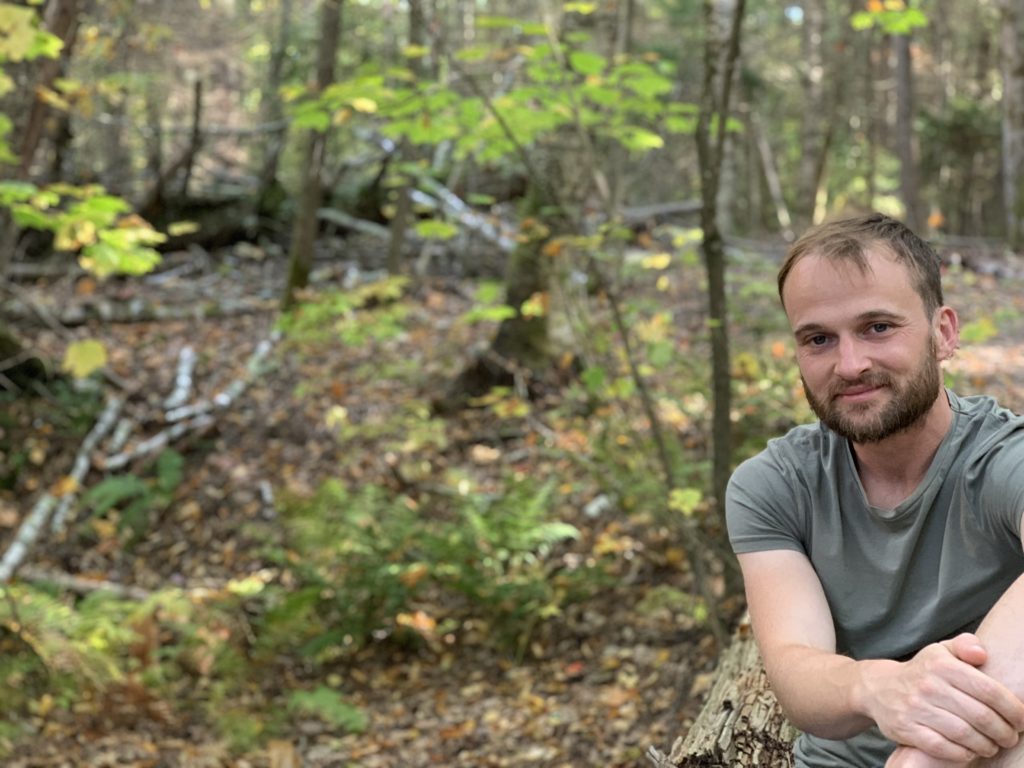
Finally, if you could offer your younger, less experienced self one piece of advice for this journey, what would it be?
Earlier on, I made a lot of websites that would make money from advertising or affiliate sales but they were all very short-sighted. They would work for a few months or years, but I wasn’t thinking about them long-term.
Now, I’m more focused on long-term projects.
I try to create things that are useful and add value, and I wish that was something I’d focused on earlier on.
Many thanks to James for sharing his hard-earned wisdom! Still have questions? Ask away in the comments!
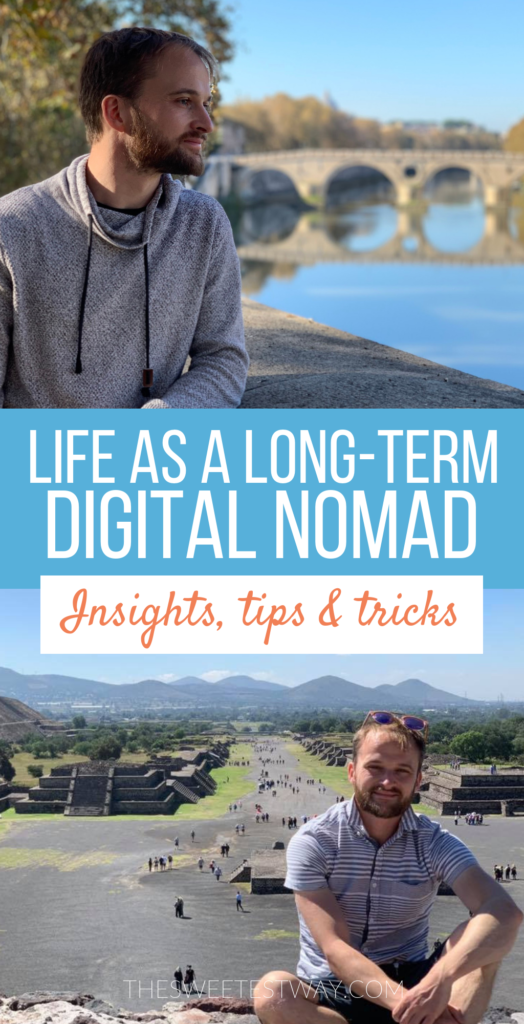
This post contains affiliate links, meaning I may earn a small commission if you make a purchase, at no extra cost to you. Thank you for supporting The Sweetest Way!

